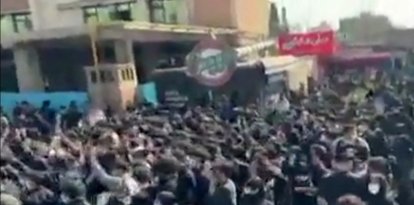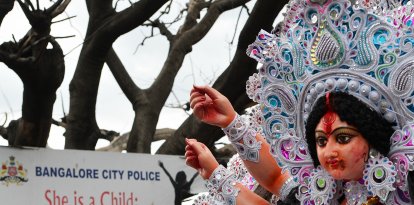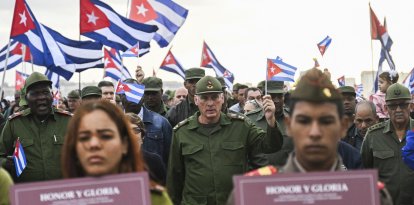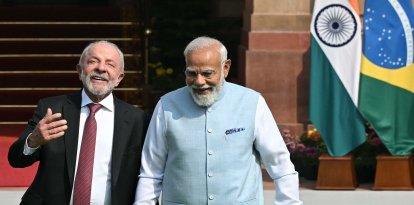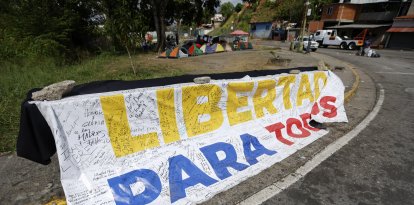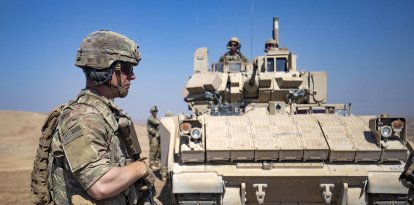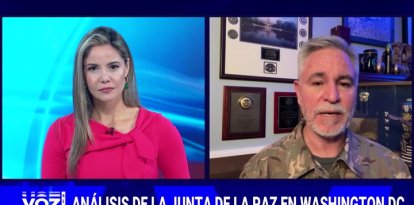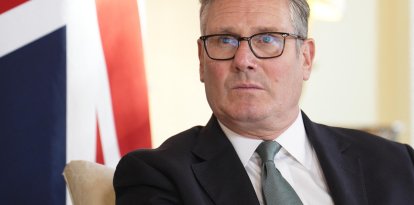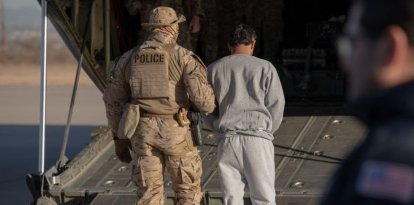Venezuelans take to the streets en masse around the world to denounce Nicolás Maduro's fraud
Thousands protested globally against the election results, demanding transparency and a democratic transition.
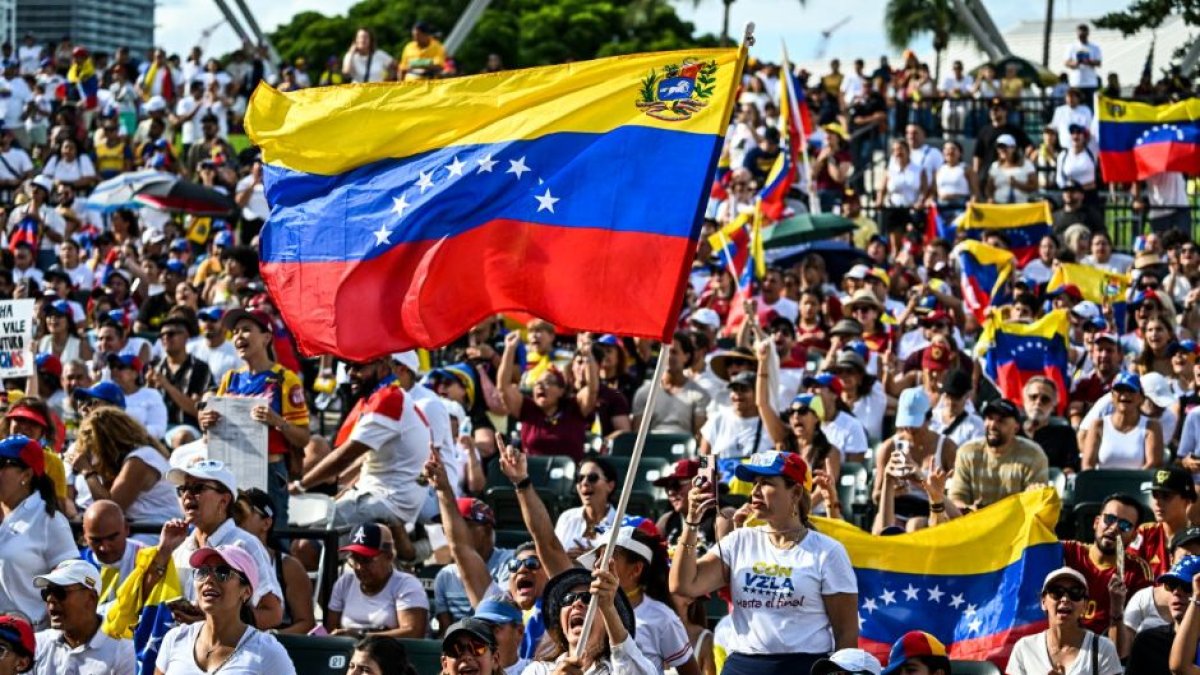
Venezuelan opposition shouts slogans during the "Protest for truth" demonstration.
This Saturday, Venezuela experienced a day of intense demonstrations both inside and outside its borders. Thousands of Venezuelans took to the streets in different parts of the world to express their rejection of the controversial results of the presidential elections, which gave victory to dictator Nicolas Madurowithout the detailed publication of the results by voting center and voting table. The National Electoral Council (CNE), controlled by the regime has refused to provide this information, which has generated a wave of distrust and strong repudiation by the opposition and the international community.
The voice of the opposition
In Caracas, opposition leader María Corina Machado led a massive march, reaffirming her commitment to fight for transparency and justice in the electoral process. "We are not going to leave the streets, it is our right," declared Machado, who urged her followers to continue to protest in a peaceful manner.
"Violence suits them. We do not attack other Venezuelans," she added, referring to the dictatorship's tactics to delegitimize the opposition movement.
Machado also called on the international community to independently monitor the electoral process, arguing that "nobody believes this farce they are doing right now."
Her statements underscored the lack of credibility that many Venezuelans feel towards the CNE, an institution at the service of the Maduro regime. "Three weeks and they haven't even given a single number," she expressed, alluding to the delay in the publication of detailed results.
Riots and regime response
In the midst of the protests, riots were registered in several cities across the country, Maracay being one of the critical points. In the capital, Caracas, police presence was considerable, with agents deployed at the main gathering points. However, the demonstration led by Machado remained mostly peaceful, in line with her call to avoid violence.
The Venezuelan opposition has made it clear that it will not leave the streets until a democratic transition is achieved. With the international community watching closely and the opposition more united than ever, the fight for freedom in Venezuela continues, with the hope that this is the beginning of the end for Nicolás Maduro's regime.
Global support for the Venezuelan cause
The protests were not limited to only Venezuela. In cities around the world, Venezuelans in the diaspora rallied in solidarity with their compatriots. From Atlanta to Melbourne, via London, Paris and Seoul, demonstrators chanted slogans in favor of freedom and democracy in their native country. In London, a group of Venezuelans shouted "freedom" in front of the seat of Parliament, while in Paris and Dublin the notes of the Venezuelan national anthem resounded.
The call for protests was led by the National Campaign Command of Maria Corina Machado and opposition candidate Edmundo Gonzalez. Through social networks, Venezuelans were encouraged to share images and videos of the demonstrations under the hashtag #YoSalíPorVzla, highlighting the global presence of the movement. "The eyes of the world are on Venezuela this Saturday," read one of the messages, calling for mobilization both inside and outside the country.
International reactions and demands for transparency
International pressure has also been felt. The Organization of American States (OAS) issued an urgent resolution last Friday, demanding that the CNE publish the minutes of the July 28 presidential election broken down by polling station. This resolution, supported by the United States and several other countries, underscores the need for impartial verification to ensure the transparency and legitimacy of the electoral process in Venezuela.
Although the Maduro regime has so far ignored these demands, growing pressure both internally and externally could force it to reconsider its stance. Edmundo González, in his message to the demonstrators, warned that "the regime instead of preparing for a peaceful transition, has decided to persecute, imprison, and assassinate compatriots who have only asked that their majority will be respected." The situation in Venezuela remains tense, with an uncertain political future and a nation of people clamoring for a democratic and peaceful change.













